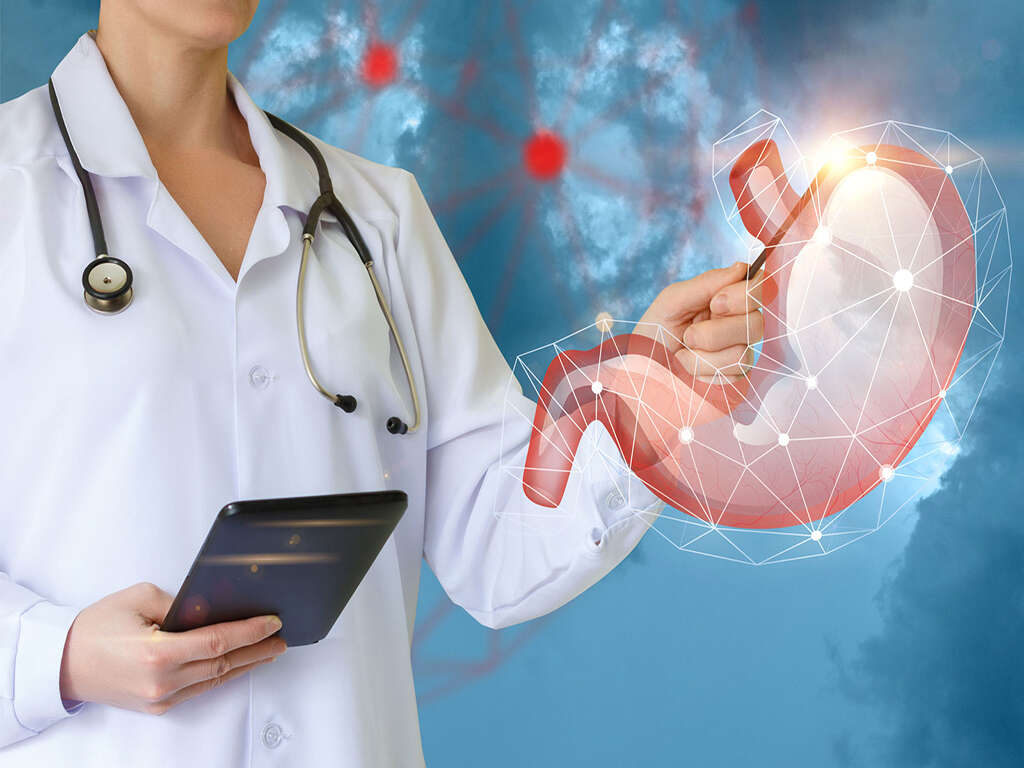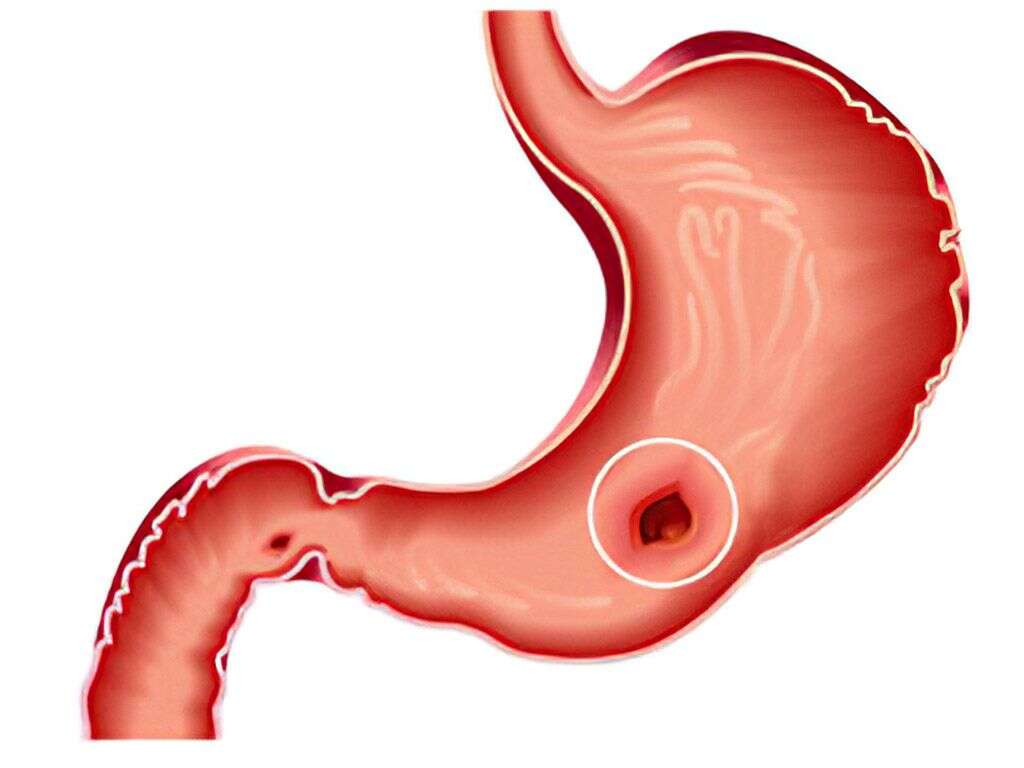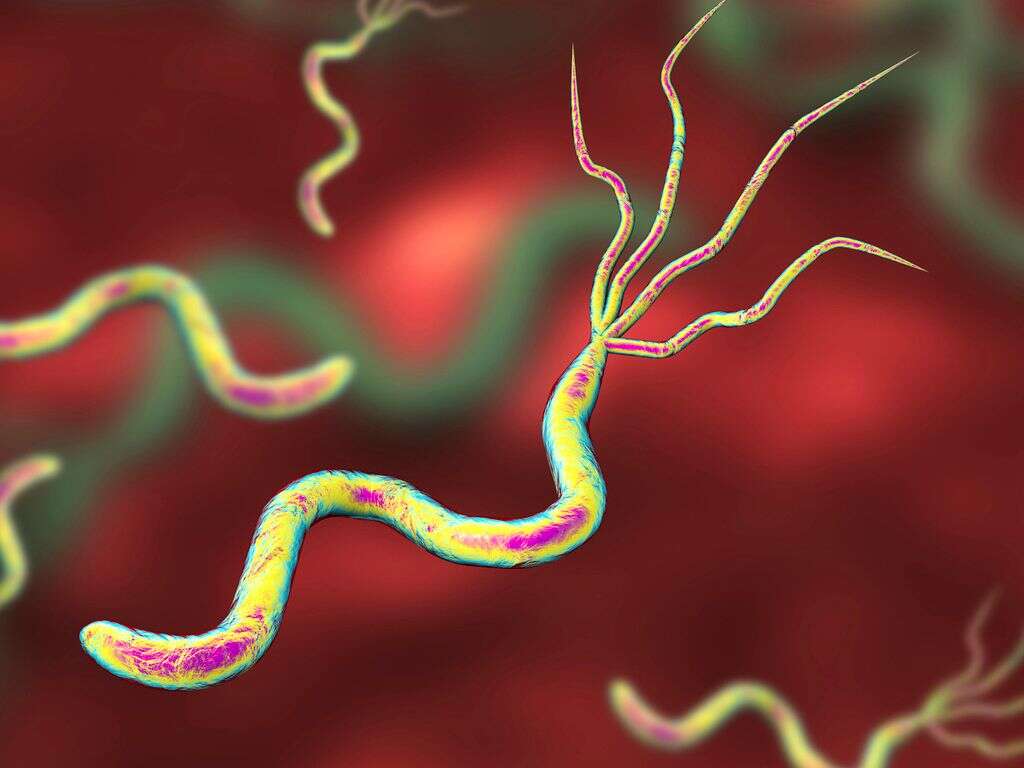10 Common Causes of Stomach Ulcers
Stomach ulcers are painful sores that can affect the stomach; ulcers are also known to affect other areas of the digestive tract such as the small intestine. Generally, ulcers are a result of a deterioration of the mucus that typically lines the stomach. When this mucus isn’t present, the stomach acid comes into contact with the actual lining of the stomach. This causes it to erode or “eat away” at this tissue, which can lead to the painful sores that we call ulcers.
Stomach ulcers are known to cause a number of unpleasant symptoms in addition to pain. They can lead to digestive upset, making it quite difficult for patients to enjoy food without feeling discomfort. They can also contribute to bloating and bowel problems like diarrhea. Furthermore, people with serious ulcers may develop nutritional deficiencies from being unable to properly process or digest their food. Ulcers are quite a common problem in the Western world, with almost one in every ten people suffering from some form of ulcer. Ulcers generally aren’t fatal and can be relatively easy to heal if they aren’t serious. However, if they are left untreated, they can become more painful and lead to further complications.
Things like eating a healthy diet and getting enough exercise can help to prevent the development of stomach ulcers. It’s important to not eat meals that are too big, and it’s important to ensure that the levels of stomach acid present in your body are normal. Stomach ulcers are often caused by bacteria known as H. pylori; however, there are numerous other things that can contribute to the development of stomach ulcers. In this article, we’ll outline the ten most common causes of stomach ulcers so you can know what to avoid or how to prepare for your stomach ulcers.

Cause #1: H. Pylori Infection
There is a specific strain of bacteria that is referred to as H. pylori, or Helicobacter pylori. This particular strain of bacteria is the most common cause of stomach ulcers.
H. pylori can easily enter your body and take up home in your digestive tract, since it is not damaged by the harsh acids that can be found there. If these bacteria are not eliminated or processed properly, they can contribute to the development of sores or ulcers in the stomach or in the upper part of your small intestine. In more serious cases, they can contribute to stomach cancer. Eating healthy and taking antibacterial supplements can help to eliminate the growth and spread of H. pylori.

Cause #2: NSAIDs
NSAIDs, or nonsteroidal anti-inflammatory drugs, are a class of drug that are often used to help ward off pain associated with mild to moderate inflammation. NSAIDs are used to help manage problems like arthritis, acute headaches, and muscle soreness.
Unfortunately, many of these drugs are associated with a relatively high risk of digestive problems. If they are used in large doses for a long period of time, people can develop a much more serious chance of getting an ulcer.

Cause #3: Excessive Stomach Acid
There are a number of things that can cause the stomach to produce too much acid. Unfortunately, when there is too much acid in the stomach, sometimes it can be too much for the protective layer of mucus to handle. This can lead to it damaging the lining of the stomach.
Genetics can contribute to higher levels of stomach acid, as can certain types of acidic food.

Cause #4: Zollinger-Ellison Syndrome
Zollinger-Ellison syndrome is a condition which can cause the stomach to produce more acid than is necessary. Not only can this interfere with digestion but it can contribute to the development of peptic ulcers.
A number of other symptoms can accompany the condition, such as diarrhea and abdominal pain. Fortunately, this syndrome is responsible for less than 1% of most reported stomach ulcers.

Cause #5: Smoking
While smoking a small amount of tobacco is not necessarily going to interfere with your stomach, habitually smoking cigarettes is certainly known to cause problems. In fact, smoking for a long period of time can actually cause your body to produce more stomach acid than necessary.
This, combined with the fact that the nicotine found in stomach acid is an appetite suppressant, can lead to many digestive issues. Not eating when you have an abundance of stomach acid can lead to unhealthy situations.

Cause #6: Stress
Another relatively common cause of ulcers is stress. It has been known for quite some time that stress can have numerous physical side effects.
Stress can interfere with a person’s appetite and also their digestion. Over the long term, it’s not uncommon for people who live very stressful lives to develop peptic ulcers.

Cause #7: Steroids
Steroids are drugs that many athletes and bodybuilders use to help maximize the benefits that they experience from their workouts. Unfortunately, steroids are notorious for causing a huge number of side effects, one of which can be ulcers.
Both steroids and NSAIDs can have adverse effects on the digestive system and make someone more prone to developing an ulcer.
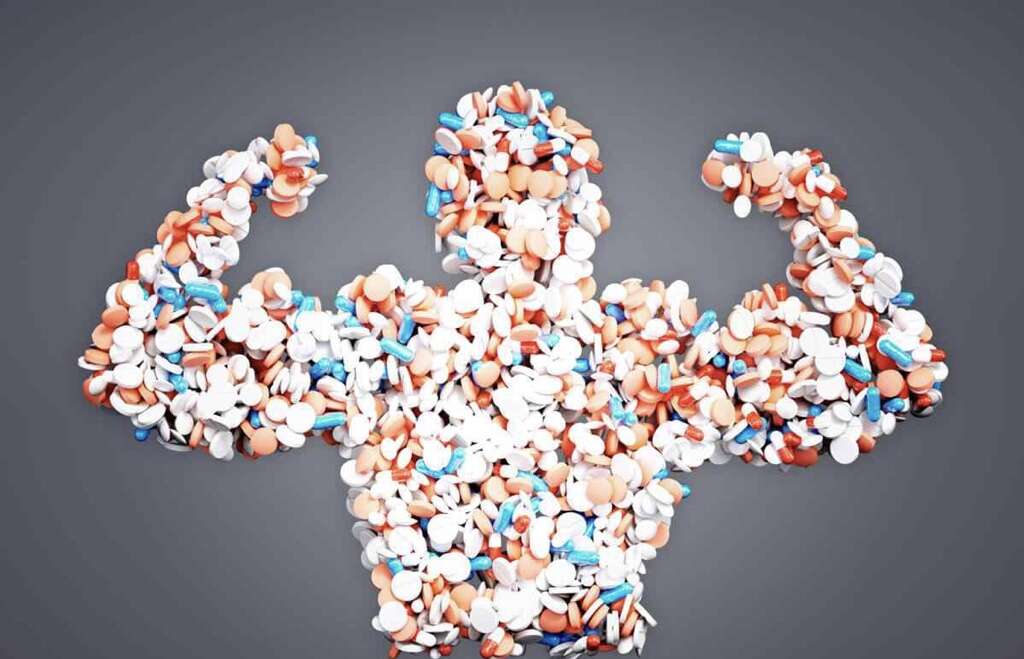
Cause #8: Alcohol
Alcohol is one of the worst substances to consume for anyone hoping to maintain their digestive health. It can contribute to all manner of digestive issues, one of which is ulcers.
Alcohol can actually damage the lining of the stomach on its own. It can also interfere with mucus production, making it easier for your own stomach acid to damage the tissue in your stomach. Alcohol is best consumed in moderation, if at all.

Cause #9: Hypercalcemia
Hypercalcemia is a condition in which the body produces too much calcium.
There are a number of problems that can emerge if you’re producing or consuming more calcium than you need to be healthy, and one of these problems is the increasing chance of developing an ulcer.
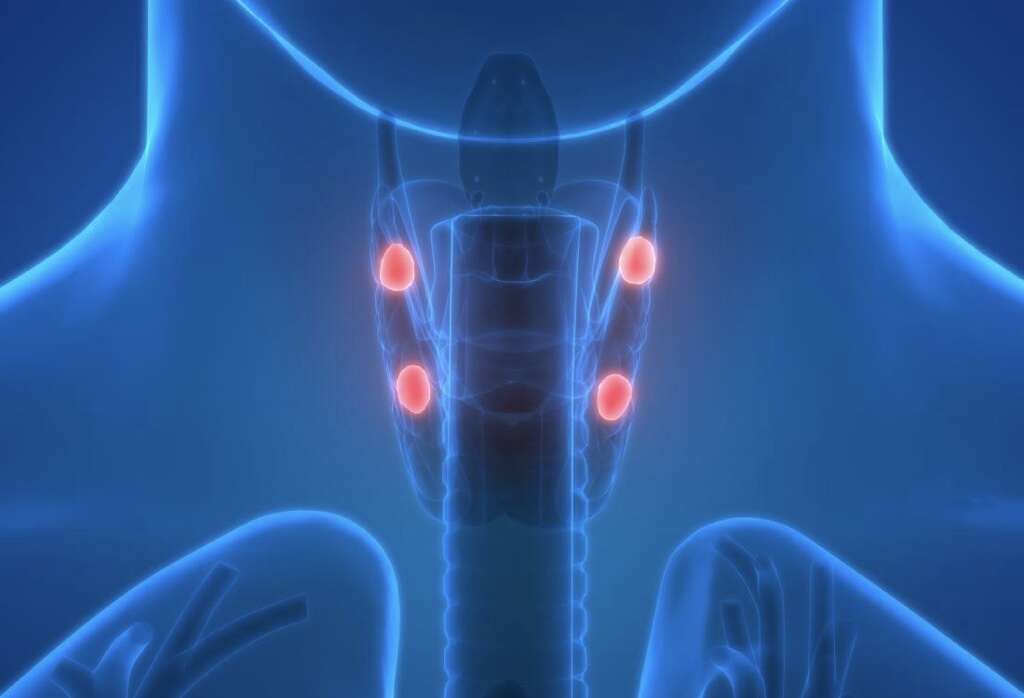
Cause #10: Genetics
Research suggests that some people may be more likely to develop an ulcer if someone else in their family has struggled with them in the past. This indicates that there may be some genes that are at least partly responsible for making someone likely to develop an ulcer.
If this is the case, then your best bet is to prepare yourself by eating healthy and avoiding things like alcohol and NSAIDs.









